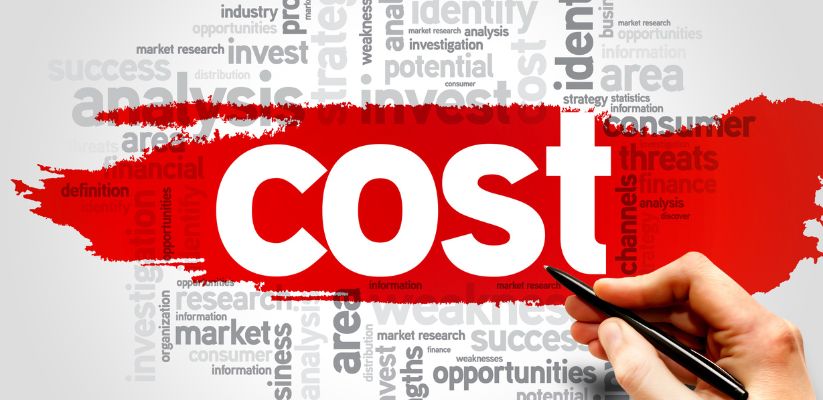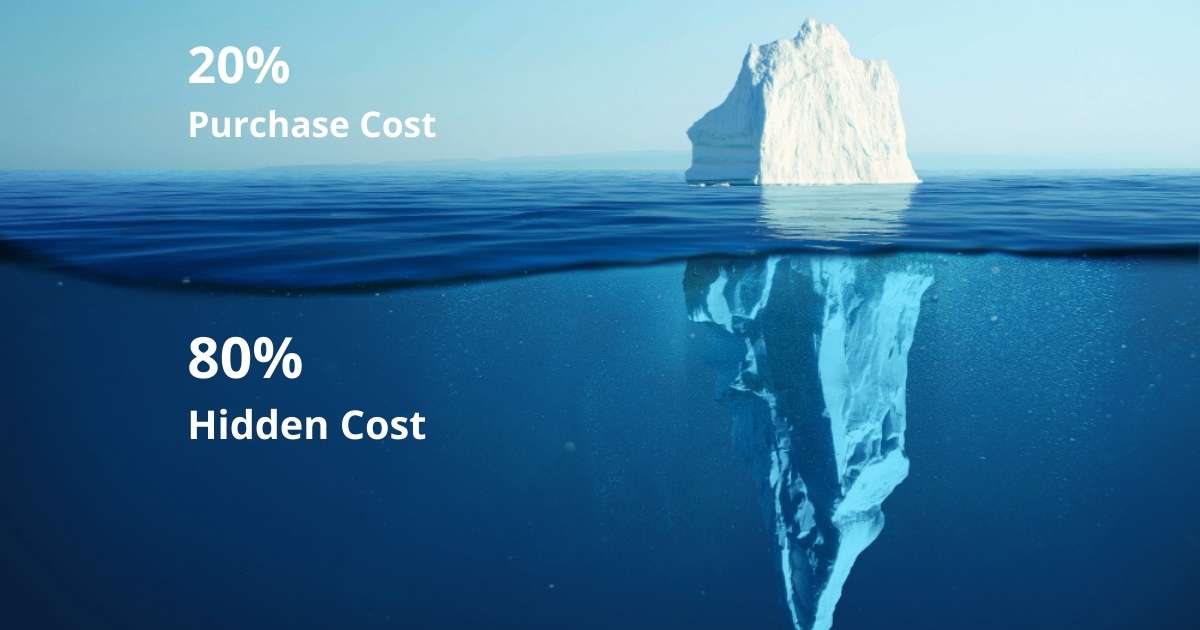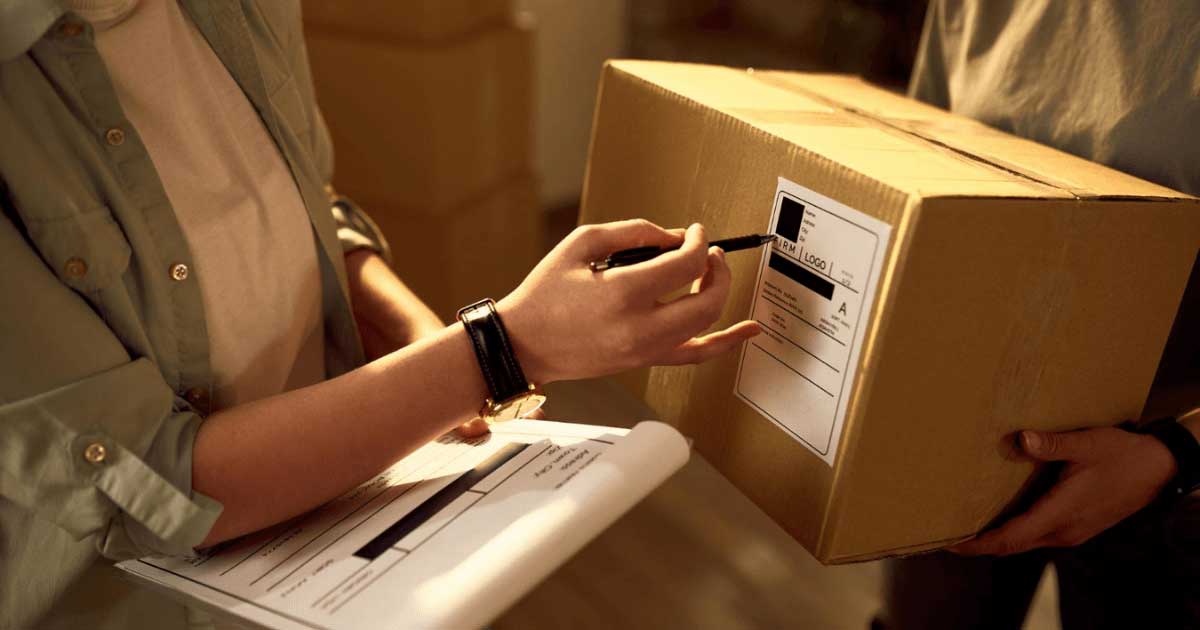Business expansion is definitely a sign of how successfully a business is running, however along with expansion come challenges such as certain expenses required to carry the additional operations as per the updated geographical presence and supply chain for future profits. One of the factors that need your focus amid these expenses is the total ‘landed cost’.
In this blog, we will understand everything about landed cost tracking in the pharmaceutical industry.
What is the Landed Cost?
Landed cost is termed as the total cost to ship a product till its delivery to the final destination.
In other words, it is a term indicating the total costs like taxes/ fees connected with shipping a product.
Landed cost is a vital calculation made by any business. The term revolves around managing international shipping costs, recovering the costs, making profits, and maintaining high prices.
What is the LCT (Landed Cost Tracking) feature in the Pharma Industry?
Pharmaceutical companies confront a lot of challenges like difficulty in making on-time deliveries, frequently changing consumer behaviour, extreme weathers, disrupted supply chain, mismanaged inventory and more. But with the help of LCT which is an advanced feature of pharmaceutical ERP software, it becomes easy for pharma manufacturing companies to trace the landed cost and to meet the financial goals of the organization.
The LCT feature offers better visibility of imported goods by tracking all shipments while also boosting crucial control of all connected expenses. This, in turn, gives accurate landed costs. The feature also helps pharma companies to monitor the delivery times of shipments.
Another special benefit is that it calculates the ‘actual cost’ at which the pharma goods can be purchased. Landed cost tracking also offers a better comparison of actual costs to different estimates made through the procurement cycle.
Also Read: How can ERP manage Supply Chain for Pharma Industry?
Charges Included in the Landed Cost
The landed cost involves the original cost of the product, both inland and ocean transportation fees, tariffs, currency conversion, payment fees, duties, taxes, etc. However, tracking the total cost of the good helps gain a proper sales price and also aids in checking the margin per good.
Now, let’s see more in detail about the significant fees involved in determining the landed cost. Though, the fees mentioned may be applied to only some received/sent shipments.
Customs-
Custom-related costs include excise duties, tariffs, and more. These costs have to be paid by the shippers as per the given regulations. The custom cost is the fees connected with exporting and importing goods and products.
Port Charges-
There exist a number of port charges that vary as per the destination of the packages.
Free on Board (FOB)-
This cost affects purchasing and hence the shipping expenses as well. This is not a direct fee and is usually used to showcase the one responsible for the damaged product during transit. Therefore, to measure such costs, automated accounting is the most recommended practice.
Demurrage Fees-
Usually, shipping businesses often ask for demurrage fees for those containers that are taking more time beyond the free time allotted at a terminal/ port. The charges increase as long as the containers remain at the terminal or port.
Insurance Cost-
Insuring goods helps businesses if their goods are stolen, damaged, or lost during their delivery. This cost will be varied as per their value and the type of goods being shipped.
Freight or Shipping Cost-
It is the cost of transporting goods to their destination physically. The means of transportation can be air, sea, or land. Usually, freight cost takes up the bulk amount of the landed cost.
Payment Processing or Handling Costs-
Shipments of goods may incur specific handling charges which cover the price of storing and packing the order. It also involves the fees to process debit and credit card payments.
Also Read: The Future Of Pharmaceutical Manufacturing
Benefits of Landing Cost Tracking
- Better estimation – Landed cost tracking helps to determine all price elements of imported goods for accurate and enhanced landed cost estimation.
- Pre-costing & tracking – It offers pre-costing of shipments for effective receipting along with appropriate tracking of arrival dates of shipping.
- Up-to-date record savings- It accurately saves records for finished shipments as well as concerned costs.
- Automatic Alerts- The feature updates predictable arrival dates automatically after the shipping date is revised.
- Goods Received Note (GRN) system- The GRN system feature helps trace component costs for the accurate matching of invoices.
Why is Landed Cost Important to Pharma businesses?
Calculating landed costs automatically is of utmost importance in the current global economic market. If done manually, it proves to be a tedious job for the accounting department and hence, calculating them automatically is in high demand. This helps pharma companies to save a considerable amount of time as well as money.
There are several reasons that showcase the significance of landing cost out of which the major ones are-
-
Profitability & Product Pricing –
Landing cost gives precise product pricing which in turn gives better profit margins. Suppose a business doesn’t calculate landed cost then the company might not set the appropriate price of their products covering all shipping costs.
-
Seamless shipping-
Tracking landing costs in regular intervals helps pharma companies to understand the landed cost in a better way. This gives companies a better opportunity to minimize shipping costs. It also helps companies to decide whether it is the right time to take another transportation mode or to negotiate with the carrier about shipping larger volumes of goods/ products.
Tips to Calculate Landed Cost
Here are some tips to calculate landed costs meticulously-
- Gather accurate data on expenses- As mentioned above, landed cost includes import/export taxes, customs, storage, fees, and more. By determining all these costs, companies can price their products accurately to drive more profits.
- Check ways to reduce costs- To reduce costs, companies should compare and request quotes from various logistics carrier providers to get the best and most economical cost. Remember, shipping takes a considerable amount in the landed cost.
- Make automated calculations- Calculating landed cost manually is a very time-consuming process and makes the process error-prone. Also, the manual calculation will let the fees fluctuate while shaking the profit margins. Therefore, automation is pivotal to enhancing the speed and accuracy of calculations.
Also Read: How the Internet of Things is enabling the next wave of development in the pharma sector?
Down the Line
Sage ERP suite offers an advanced landed cost management feature that offers an agile landed cost structure which considers every single cost connected with receiving the products/goods from overseas. The software offers various title transfer points along with a better capacity to calculate charges during the time of shipment. Moreover, the ERP Pharma software also offers the history of each transaction of all land cost postings. This all helps pharma companies get positive profit marginal analysis.







